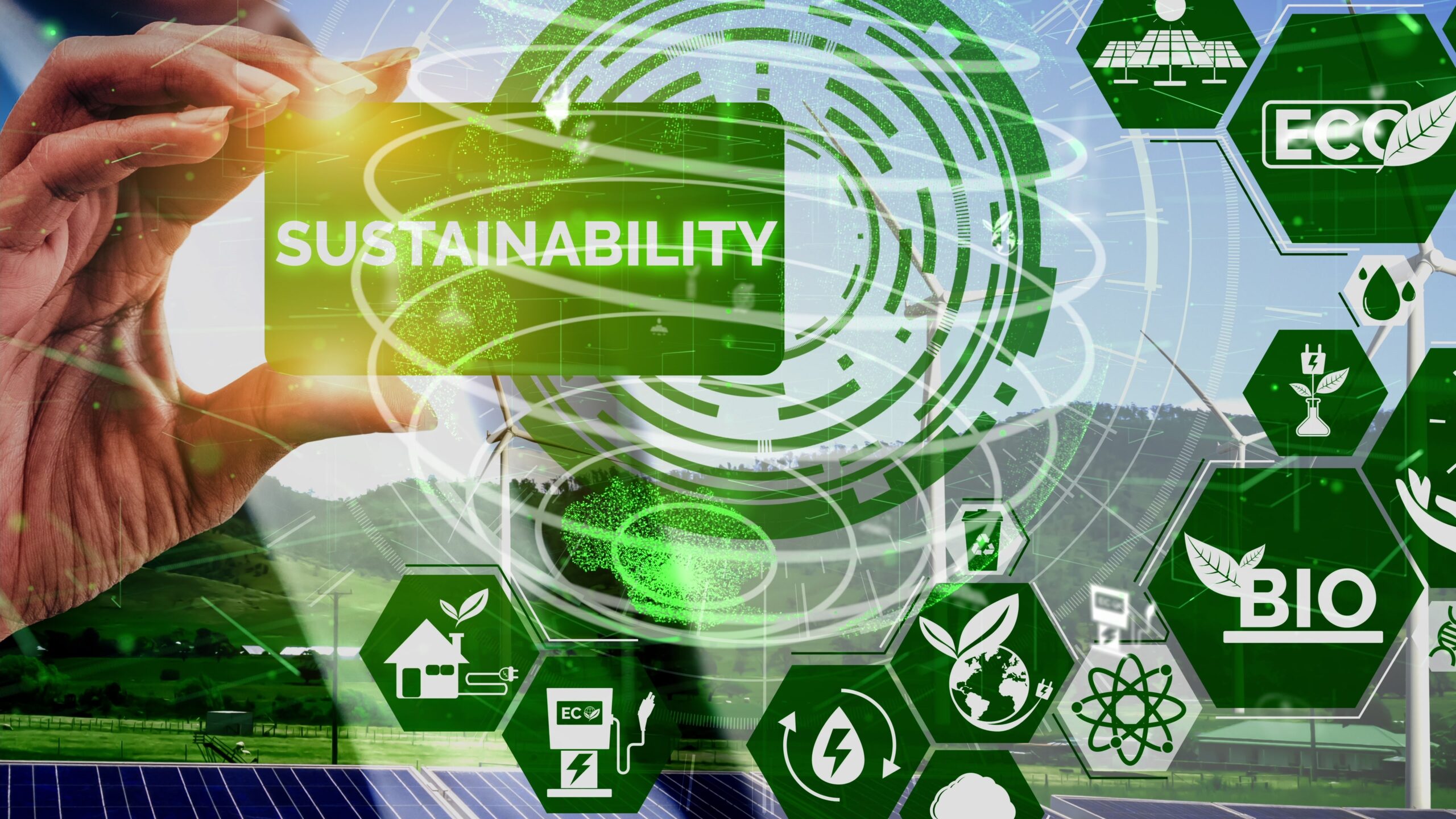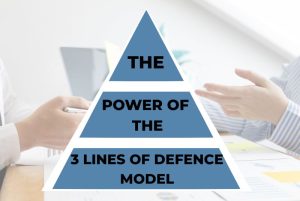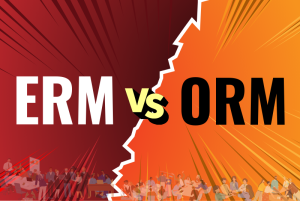Recognising that Environmental, Social and Governmental (ESG) factors play a role in business success today, Sustainability Risk Management, SRM, is a strategy that aligns the way an organization operates in line with its ESG strategy and ensures it effectively manages its ESG-related risks. Both SRM and ESG have been gaining traction in recent years, spurred by the rising awareness of shareholders, stakeholders, customers, suppliers and various other communities with which organizations engage while carrying on business. Issues like climate change, for example, are raising concerns among stakeholders about how businesses affect, and are affected by, the environment.
This awareness is, in turn, aligned with the UN’s 17 Sustainable Development Goals (SDGs) which are aimed at developing partnerships that will end poverty and deprivation while tackling root problems like climate change and environmental degradation. Besides these two major challenges, ESG encompasses a myriad of other factors as well, including pollution and GHG emissions; human rights, occupational health & safety, and community relations under the ‘Social’ aspect; and governance matters like board management practices, regulatory compliance, diversity and corruption.
Ignoring any of these could impact negatively on the organization in the long run; possibly causing loss of revenue and reputation, decreasing stakeholder confidence, and ultimately the value of the company. SRM therefore starts with businesses wanting to make decisions that will ensure their growth, competitiveness and sustainability without impairing the environment they operate in. This includes not just the physical environment but the social and governance aspects related to the business as well, since issues pertaining to all these are interconnected.
Sustainability risks are long-term risks; mitigating them requires an awareness of what future challenges are likely to confront the organization. Companies thus need to identify and assess the risks they may encounter as they progress along the sustainability route. Among the elements necessary for this are the appropriate skills, knowledge and experience of their respective boards and management, as SRM is primarily top-led. Reliable, up-to-date data which can inform sustainability-related decisions, is a must.
SRM does not benefit only larger, more established companies; even resource-strapped SMEs may avail themselves of the advantages that implementing SRM frameworks brings. Because of growing stakeholder awareness, boards and management today are more open to incorporating various aspects of SRM into general corporate strategy. This also reflects a growing corporate understanding of enterprise risk management, as there are many points at which SRM and ERM intersect. For instance, SRM includes detailed sustainability reporting, which may be used for better risk management as well.
Firms which successfully implement SRM appear to have an edge: brand differentiation, which is very attractive to some. This may be particularly helpful if they are looking to engage with new business partners, investors and talent/skills. Managing sustainability risks may also offer opportunities which may not have been initially apparent, but which become new possibilities in the process of mitigation. Integrating SRM into risk management strategies improves organizational flexibility, agility and decision-making capabilities, and enables firms to translate clean, green bottom lines into long-term value creation.





























